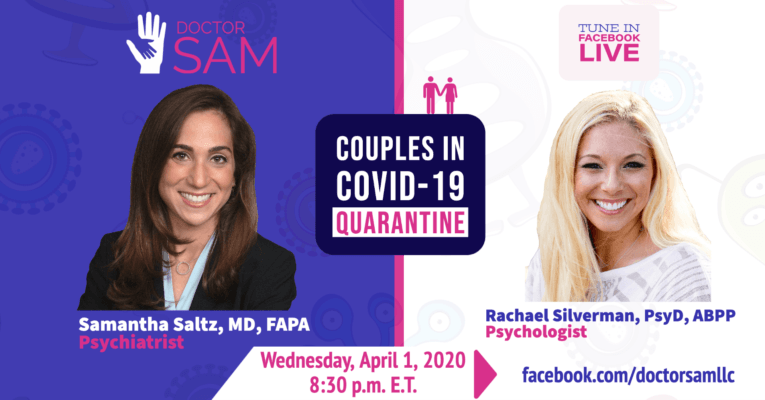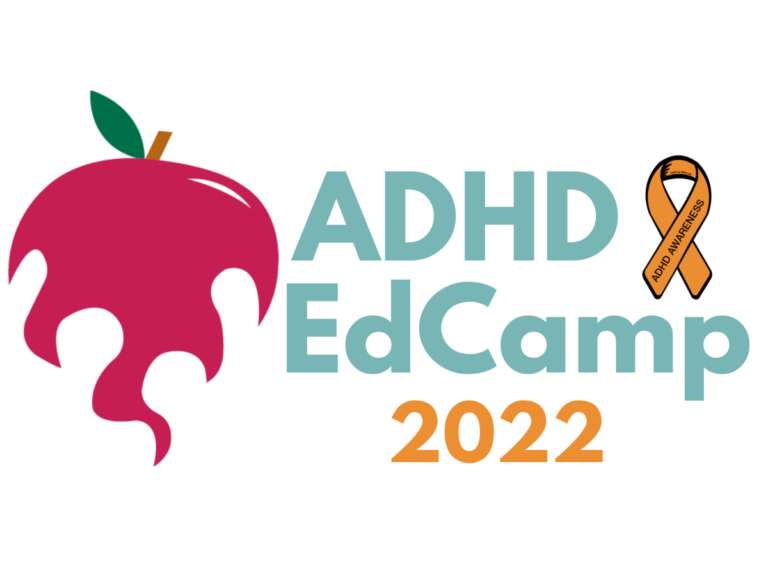Many assume that children who are young “won’t remember” or “won’t understand” death. However, in many cases, children are more perceptive than adults realize. Depending on a child’s level of cognitive development, death can be a challenging topic for parents to discuss with their children. Here, I explain stages of development and how children understand death according to Jean Piaget. Piaget was a renowned psychologist who studied and identified stages of childhood development. His theories have shaped our understanding of cognitive development.
According to Piaget, children between the ages of 2 and 7 years are in the preoperational stage of development. They think of death as a reversible phenomenon and feel that it must have a cause. Consider a child who loses a grandparent around the age of 5. This child may classically ask to buy their grandparent a gift for their birthday, as the child won’t be able to understand the finality of death and the fact that a grandparent is truly gone. They may view the person who died as having gone to sleep and feel that they will wake up.
Between the ages of 7 and 11, or during Piaget’s concrete operational stage, children now understand that death is final and that it is universal. They understand that a loved one will not return and therefore may develop a deep sense of sadness and loss upon learning of someone’s death. Additionally, they learn that all living things do eventually die. They may inquire as to when their own passing will occur or when a loved one will die. Nevertheless, they still view death as being caused by external factors.
Over the age of 11, children have the ability to understand that death is intrinsic to life similar to the adult understanding of death. Children now know death to be a final, universal and inevitable phenomenon. They see it as inherent to existence and understand that it can be caused by internal factors like illness.
It’s important that parents and mental health professionals understand where children are developmentally in order to better help a child mourn the loss of a loved one. Knowing where a child is in terms of their cognitive development can help parents anticipate questions and prepare answers to questions children ask about death’s universality, finality and inevitability.












